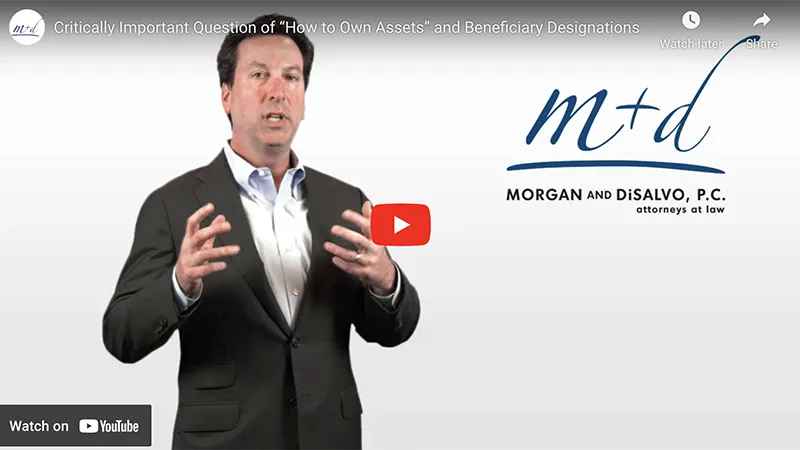What is Probate?

Probate is the process by which a deceased person’s Will is formally recognized as valid by the applicable Probate Court. The Probate Courts themselves advise people to retain the services of a good probate lawyer whenever they delve into estate matters. The best way to be certain that the wishes of the deceased will be carried out to the letter, and that beneficiaries will receive what is due them in a timely manner and without excessive taxation, is to engage the services of a qualified Atlanta probate law firm.
Generally, the person named as the Executor of the person’s estate takes the original Will, along with either a death certificate and a petition to probate will in solemn or a petition to probate will in common form, to the Probate Court of the county in which the deceased person had his or her primary residence and offers the Will for probate. As part of this process, the nominated Executor generally also provides information about the person’s heirs and provides evidence to prove that the Will is actually the valid Will of the deceased person. Assuming the evidence and all information provided by the Executor is satisfactory, the Probate Court will generally appoint the Executor and issue Letters Testamentary.
If a deceased person does not have a Will, then there is no probate process, since there is no Will to validate. However, if there are any assets which became part of the person’s estate (generally, any assets the person owned which did not pass to another person under a right of survivorship or a beneficiary designation), then the person’s estate still must be administered before the person’s assets can be distributed to the person’s heirs. State law determines the person’s heirs, and the heirs will receive any assets which remain in the person’s estate after the estate has been administered and any debts, taxes, and administrative expenses have all been addressed. Someone will need to seek appointment as the Administrator of the person’s estate. If all of the heirs consent to that person’s appointment, then the Administrator can be appointed with fairly broad powers, and can be relieved of the need to post a bond or file inventories and reports with the Probate Court. However, if the heirs are not all willing to consent, the Administrator may need to post bond, file inventories and reports with the Court, and seek Court permission before doing many administrative tasks. When an Administrator is appointed by the Probate Court, the Court issues Letters of Administration.
We pride ourselves in providing comprehensive legal advice. We work to ensure that you understand your options and the pros and cons of each option. Do you have questions regarding probate or estate administration in Georgia? We are ready to help. Contact us with your probate or estate questions today.
How Assets Pass at Death
Critically Important Question of “How to Own Assets” and Beneficiary Designations



